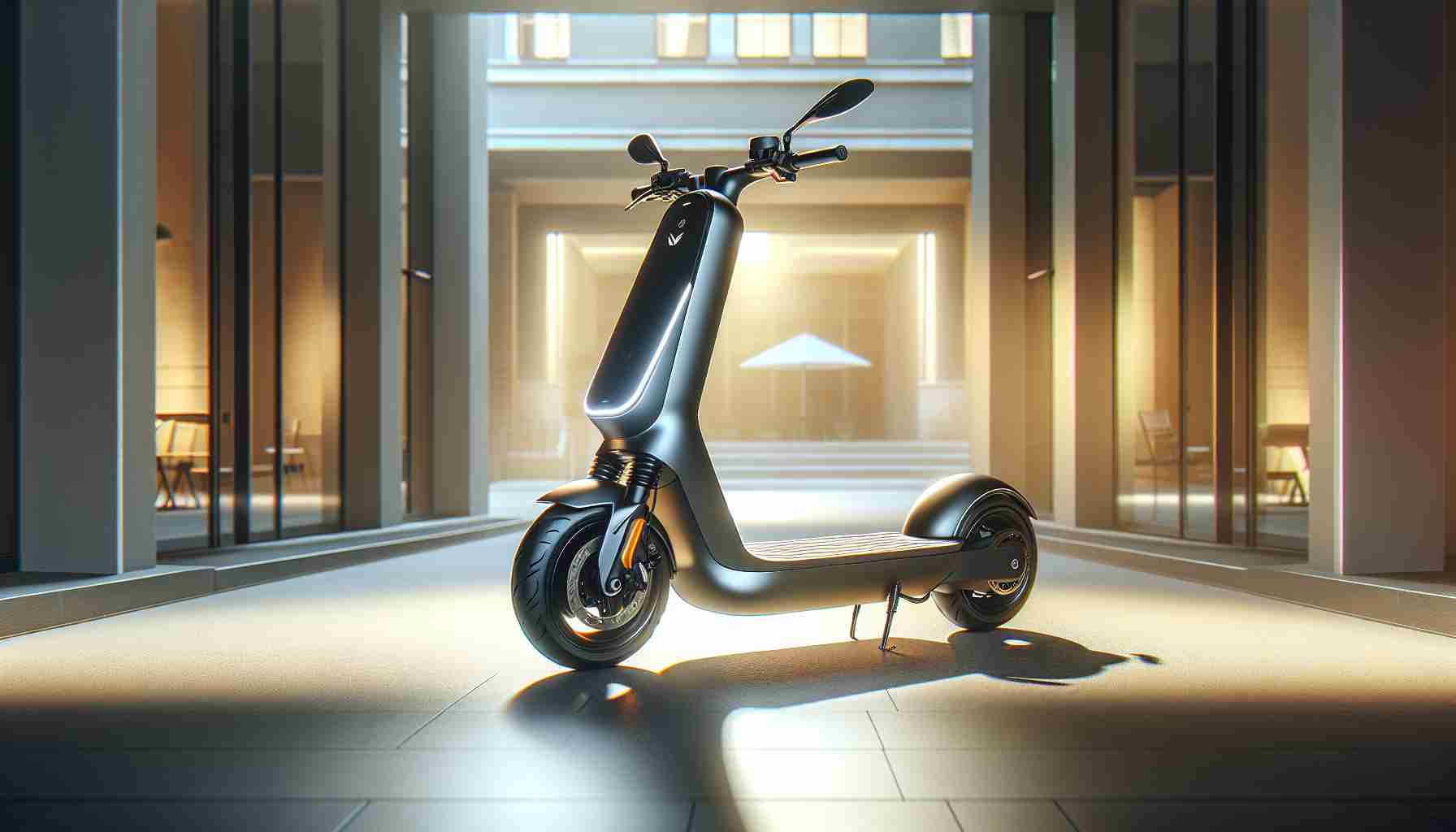The e-bike market is poised for significant growth in the coming years, with an estimated value of USD 62.3 billion by 2028. Despite facing temporary challenges such as economic uncertainty and supply chain disruptions, the market remains positive in the long-term outlook. The driving factors behind this growth are the increasing environmental concerns, government support, technological advancements, and changing consumer preferences.
One of the key findings is that the demand for e-bikes with lithium-ion batteries is expected to be the highest during the forecast period. These batteries offer several benefits, including better lifecycle, high energy density, wide operating temperatures, and more power-to-weight ratio. Additionally, the declining prices of lithium-ion batteries and the focus of manufacturers on producing lightweight e-bikes contribute to their higher adoption.
City/urban bikes are projected to be the largest e-bike applications in the future. These bikes are designed for daily commutes in metro areas and are suitable for gentle terrains within cities. Government policies and rebates are driving the market for city/urban e-bikes, particularly in countries like China, Japan, India, and South Korea. Furthermore, the market for mountain/trekking and cargo bikes is expected to show rapid growth in the coming years.
Asia-Oceania is anticipated to be the largest e-bike market, with China leading the way in both production and sales. Other countries in the region, such as Japan, India, South Korea, and Australia, also play significant roles in the market. The demand for mountain and trekking bikes is on the rise due to their robustness and better performance.
Taiwan has emerged as a major hub for the manufacturing and exporting of e-bikes and related components. The country has benefited from Europe’s anti-dumping policy and the trade war between the US and China. However, there has been a noticeable decline in the export of Taiwan-made e-bikes to the US and UK, with Europe becoming the primary destination.
Key market players in the e-bike industry include Accell Group NV, Pon Bike, Giant Manufacturing Co. Ltd, Yamaha Motor Company, Merida Industry Co., and Specialized Bicycle Components Inc.
In conclusion, the future of e-bikes looks promising as they provide a sustainable and convenient mode of transportation. With advancements in battery technology, government support, and changing consumer preferences, the e-bike market is expected to experience significant growth in the coming years.
The e-bike industry is poised for substantial growth in the coming years, with a projected value of USD 62.3 billion by 2028. While the market faces temporary challenges like economic uncertainty and supply chain disruptions, the long-term outlook remains positive. Several factors are driving this growth, including increasing environmental concerns, government support, technological advancements, and shifting consumer preferences.
One of the key findings is that e-bikes with lithium-ion batteries are expected to have the highest demand during the forecast period. These batteries offer various benefits, such as better lifecycle, high energy density, wide operating temperatures, and a higher power-to-weight ratio. Additionally, the declining prices of lithium-ion batteries and the focus on lightweight e-bike production by manufacturers contribute to their increased adoption.
City/urban bikes are projected to be the largest e-bike applications in the future. These bikes are designed for daily commutes in metro areas and are suitable for gentle terrains within cities. Government policies and rebates are driving the market for city/urban e-bikes, particularly in countries like China, Japan, India, and South Korea. Furthermore, the market for mountain/trekking and cargo bikes is expected to exhibit rapid growth in the coming years.
Asia-Oceania is anticipated to be the largest e-bike market, with China leading in both production and sales. Other countries in the region, including Japan, India, South Korea, and Australia, also play significant roles in the market. The demand for mountain and trekking bikes is increasing due to their robustness and better performance.
Taiwan has emerged as a major hub for e-bike manufacturing and exporting, benefiting from Europe’s anti-dumping policy and the trade war between the US and China. However, there has been a noticeable decline in the export of Taiwan-made e-bikes to the US and UK, with Europe becoming the primary destination.
Some key market players in the e-bike industry include Accell Group NV, Pon Bike, Giant Manufacturing Co. Ltd, Yamaha Motor Company, Merida Industry Co., and Specialized Bicycle Components Inc.
In conclusion, the future of e-bikes appears promising as they provide a sustainable and convenient mode of transportation. With advancements in battery technology, government support, and evolving consumer preferences, the e-bike market is expected to witness significant growth in the coming years.
For more information on the e-bike industry, you may visit Technavio, a leading market research company covering various industries and providing insights into market trends and forecasts.






















